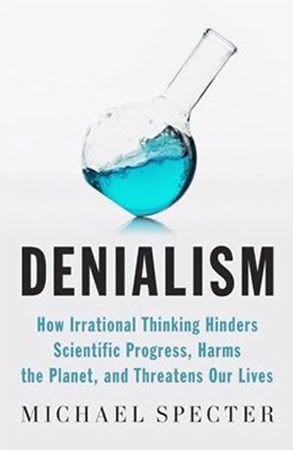copyright © 2011 Betsy L. Angert. Empathy And Education; BeThink or BeThink.org
As any Mom or Dad might do on Parent Teacher Conference Day, Amy Valens, the Educator featured in the documentary film August To June, traveled from “classroom to classroom.” This journey was not a conventional one. Indeed, Amy did not attend a series of Parent Teacher Conferences. What she did was appear at Palm Beach screenings of her documentary. The film follows twenty-six [26] third and fourth graders who studied with Amy in her last year of teaching. The public school open classroom “Brings Life” to education.
After the movie was viewed, Ms Valens and the audiences engaged in conversations. They discussed what they saw and how it might relate to a broader dialogue. The subjects of Education Reform, Classroom Standards, Teacher Quality, Merit Pay, Student-Rewards for Success, Parent Involvement, and Testing are but a few topics prominent in our national debate. While the assemblies of viewers varied widely, the results were the same. Every child, every class, all Teachers, and each parent, tells a unique tale. Regardless of the individual or group, we see the world, or in this case the film, through our own lens.




